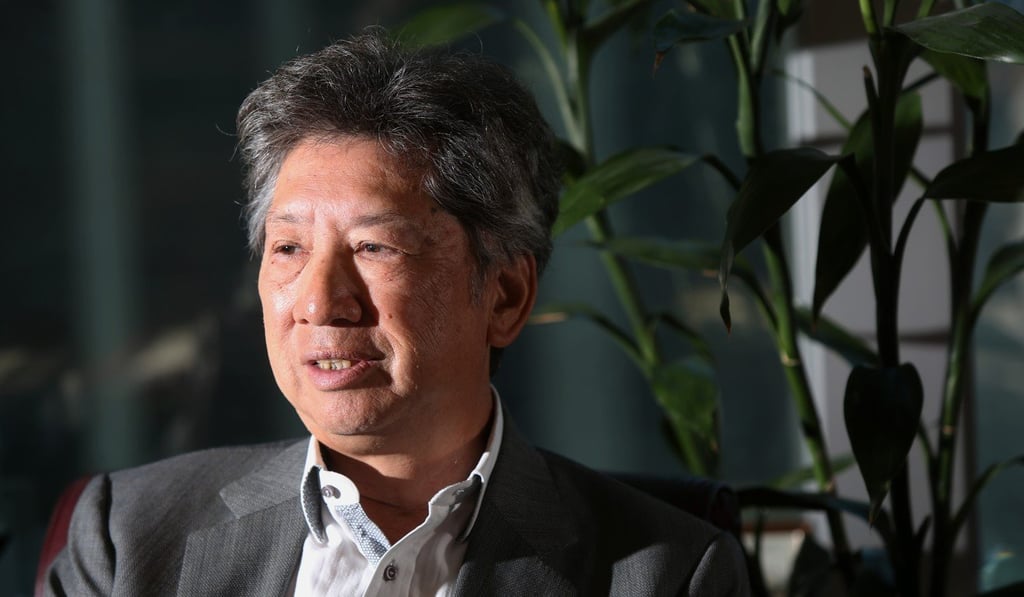Great expectations: all eyes on Hong Kong budget unveiling – but will it include a cash handout?
- Finance chief will have ‘no tricks up his sleeves’ in wake of series of relief measures, cabinet member warns
- But one source believes a cash handout of some sort is inevitable given mounting pressure for one from across the political spectrum

Hong Kong’s finance minister will face sky-high expectations as he delivers his fourth financial blueprint on Wednesday morning, including hopes for a cash handout for all permanent residents.
But Ronny Tong Ka-wah, a member of Chief Executive Carrie Lam Cheng Yuet-ngor’s cabinet, cautioned against hoping for major surprises, telling the Post Financial Secretary Paul Chan Mo-po had “no tricks up his sleeves” given the five rounds of government relief measures already announced since summer.
A source familiar with the government’s position said a cash handout of some sort was inevitable given mounting pressure from all sides, though details were still being hammered out by Chan’s inner circle early this week.

“The financial secretary is trying to spend the money efficiently to retain jobs amid the economic woes,” another government source said, adding help would be directed towards middle class taxpayers, who face a growing risk of losing their jobs or seeing their pay cut.
Chan is also expected to reveal the extent of the city’s first deficit in 15 years, amid the economic battering of the US-China trade war, anti-government protests and the coronavirus outbreak.
The finance secretary warned last month that the deficit for the current financial year could be as much as 3 per cent of gross domestic product, or about HK$80 billion (US$10.3 billion).
Hong Kong’s biggest budget deficit ever was HK$63.3 billion in 2001-02. That was followed by a deficit of HK$61.7 billion in 2002-03 and HK$40.1 billion in 2003-04.